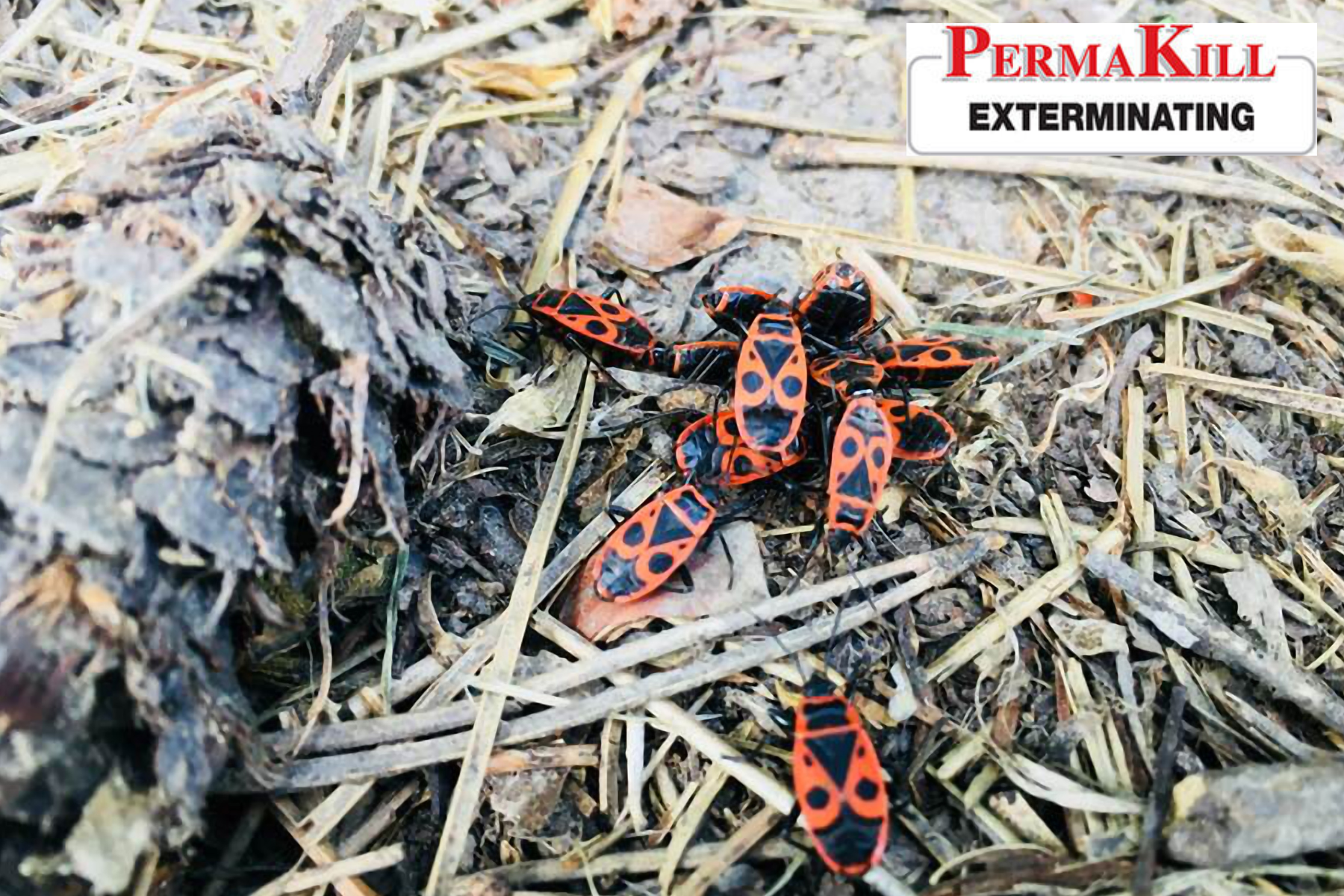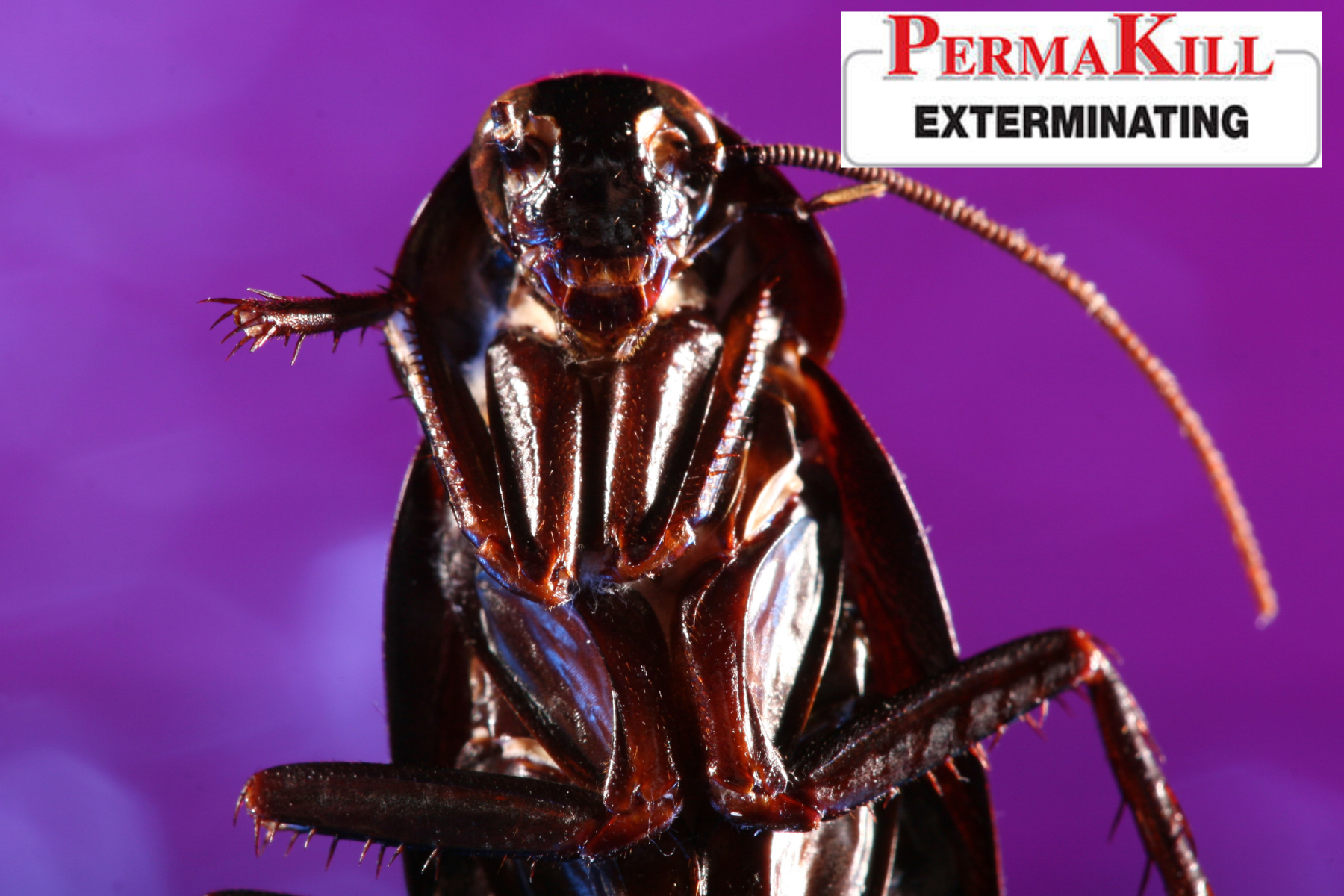- Flanders, NJ
- Login
- Reviews
- FAQ
- Newsletter

Are Landlords Responsible For Pest Control?
When renting a property, one of the most common questions tenants and landlords face is: “Is landlord responsible for pest control?” From rodents and cockroaches to bed bugs and termites, pest issues can arise unexpectedly. Understanding your rights and responsibilities as a tenant or landlord is crucial for addressing these issues promptly and effectively. If you find yourself dealing with an infestation, contacting an experienced exterminator Randolph can help resolve the problem quickly.
In Randolph, NJ, and across the country, pest control responsibility can vary based on local laws, lease agreements, and the specific circumstances of the infestation. Generally, it is the landlord’s duty to keep rental properties pest-free, but there are exceptions. Let’s take a closer look at the rules that apply, specifically in New Jersey, and how to handle pest control issues when renting.
Are Landlords Responsible for Pest Control in NJ?
In New Jersey, landlords are required by law to maintain their rental properties in a habitable condition, which includes keeping them free of pests. Specifically, landlord pest control apartment laws in New Jersey require landlords to ensure that multi-family dwellings are free from infestations, such as rats, cockroaches, and bed bugs, and to take action if a tenant reports a pest problem. In single-family homes, however, the responsibility can shift to tenants if they fail to notify the landlord of an issue in a timely manner.
In short, are landlords responsible for pest control? Yes, landlords are generally accountable for pest control in multi-family homes and buildings with three or more units. However, this can change if the tenant causes the issue through neglect or poor housekeeping.
When Are Landlords Responsible for Pest Control?
Landlords are typically required to maintain a pest-free environment for their tenants. In such cases, landlord pest control is crucial to ensure a safe and habitable living environment. Here are several scenarios where a landlord is responsible for pest control:
- Existing Infestations Before Tenancy
If the property had a pest issue before the tenant moved in, the landlord is usually responsible for dealing with the infestation. This is true even if the pest problem becomes apparent after the tenant moves in. It’s always a good idea for tenants to notify their landlords immediately if they discover any pests in the unit when they first move in. - Structural Issues That Invite Pests
If a pest infestation is due to structural issues, like cracks in the walls or gaps around windows, the landlord is responsible for repairs and pest control. For example, a tenant may notice a rodent infestation due to a gap in the building’s foundation. In that case, it’s the landlord’s job to seal the gap and manage the infestation. - Natural Causes
In some cases, pests enter a rental property because of natural conditions, like being next to a wooded area or near a field. If this is the case, landlords must take action to prevent pests from entering and causing damage to the property. For instance, if an apartment building is adjacent to a field and is infested with mice, the landlord is responsible for rodent control.
When Are Tenants Responsible for Pest Control?
While landlords are generally responsible for pest control, there are situations where tenants may be held accountable. For example:
- Poor Housekeeping Practices
Tenants may be responsible for pest control if the infestation is a direct result of their actions, such as leaving food out or failing to dispose of trash properly. A cluttered or unsanitary living space can attract pests like cockroaches and rodents. If a tenant’s poor housekeeping causes a pest problem, they will likely be responsible for the cost of pest control. - Tenant-Related Issues
If a tenant brings in pests, like fleas from a pet, or fails to report a water leak that attracts pests, they could be held liable for pest control. Similarly, if the tenant knowingly violates rules that lead to infestations, such as leaving garbage around or not properly storing food, the responsibility for pest control may fall to them.
Other Considerations for Pest Control Responsibility
If it’s unclear whether the landlord or tenant should handle pest control, there are other factors to consider:
- Review the Lease Agreement
The lease agreement is often the first place to check for clarity on who handles pest control. It should outline the responsibilities of both the tenant and the landlord when it comes to pests. For example, some leases include clauses that hold the landlord accountable for pest control, while others may require tenants to maintain certain hygiene standards to avoid infestations. - Consider the Type of Pest Infestation
The type of pest also plays a role in determining who is responsible for pest control. For instance, bed bugs are usually the tenant’s responsibility if they were brought in by the tenant. However, if the infestation is a pre-existing issue in the building, the landlord would typically be required to resolve it. Some states, including New Jersey, have specific laws regarding bed bug infestations that favor the landlord’s responsibility in multi-unit dwellings.
How to Handle a Pest Infestation
Whether you’re a landlord or a tenant, addressing a pest infestation quickly is crucial. Here are some steps you can take:
- Maintain Cleanliness
The best way to prevent pests from entering your home is by keeping it clean. Seal food containers, remove trash regularly, and store food properly to avoid attracting pests. - Seal Entry Points
Inspect the walls, windows, and doors for cracks or holes that could provide entry points for pests. Sealing these gaps can significantly reduce the risk of an infestation. - Use Pesticides When Needed
If necessary, you can use pesticides or hire a pest control professional to treat the property. Do landlords pay for pest control? In most cases, yes. Landlords typically bear the cost of pest control in rental properties, especially when they are responsible for the infestation. - Professional Pest Control Services
Whether you’re a landlord or a tenant, hiring professional Randolph pest control services is often the best solution when dealing with a significant infestation. Who is responsible for pest control when renting? It depends on your state laws, but landlords usually cover pest control for most major infestations.

Real Story: Excellent Service by Louis from PermaKill Exterminating
We recently received a glowing review from Roy Karnovsky, a satisfied client who had a great experience with our team. Here’s what Roy had to say:
“Louis from PermaKill was excellent. He knew the property, was efficient, used booties to protect the house, checked all vulnerable areas including work done on a previous visit. He was pleasant and a pleasure to have work on our house.”
– Roy Karnovsky
Louis demonstrated the level of professionalism we aim to provide to all of our clients, ensuring the job was done right while maintaining a clean and respectful environment in the home. It’s feedback like this that reinforces our commitment to offering top-tier pest control Randolph NJ services to both landlords and tenants.
Professional Pest Control at PermaKill Exterminating
If you’re facing a pest infestation in your rental property, it’s best to address the issue with professional pest control services. At PermaKill Exterminating, our team of experts is equipped with the best training and technology to handle your pest control needs. We offer customized solutions to ensure your property remains pest-free, providing peace of mind for both landlords and tenants.
Contact us today to discover how we can assist with your pest control needs.





